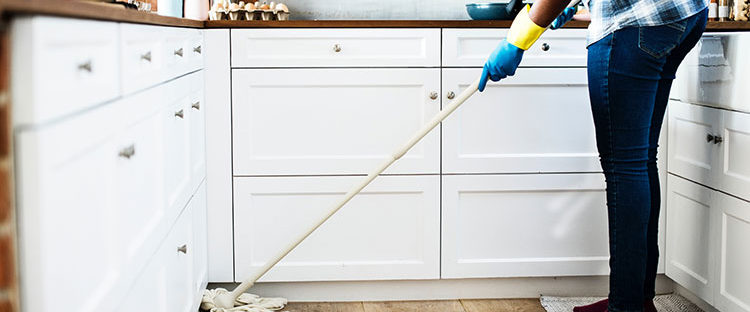Once you have completed a drug or alcohol rehabilitation program, the next steps in your recovery include developing new life skills. You will need to make some changes in your lifestyle in order to remain free from drugs or alcohol. Below, you will find four ways to help you keep a sober home.
Practice Self-Care
One of the main reasons for emotional relapse is failing to practice self-care. In your own home or in a sober living home, you will need to learn to take care of yourself by getting enough sleep, eating healthy foods, and learning and using coping strategies to overcome any negative thoughts and feelings.
Keeping a Clean Living Space
When you are living with other people, whether it is in a sober living home or with family or other roommates, you will face various obstacles as personalities differ. As you learn to keep your living environment clean, you will also learn the importance of being respectful of others around you and thinking about their wants and needs when you make decisions that affect your home.
Managing Your Finances
Another major life skill necessary for recovery is to manage your finances. During the time you suffered from addiction, you may have allocated a significant amount of your money toward fueling your addiction. Now that you are in recovery, you will need to make a new budget. Residing in a sober living home can give you the chance to practice saving and budgeting; Tharros offers an optional budgeting component where clients can develop important money management skills.
Cooking Healthy Meals
It is important to make healthy food choices. You will benefit from learning how to cook healthy meals and shop for groceries, as well as prepare your own meals. At Tharros, we offer a variety of cooking instruction and community cooking nights, led by experienced and talented chefs.
The Tharros House is a sober living facility that provides its residents with recovery support, including helping residents learn to practice self-care. Residents can also learn to cook healthy meals, manage their finances, and keep their residence clean—all life skills that help with recovery.


